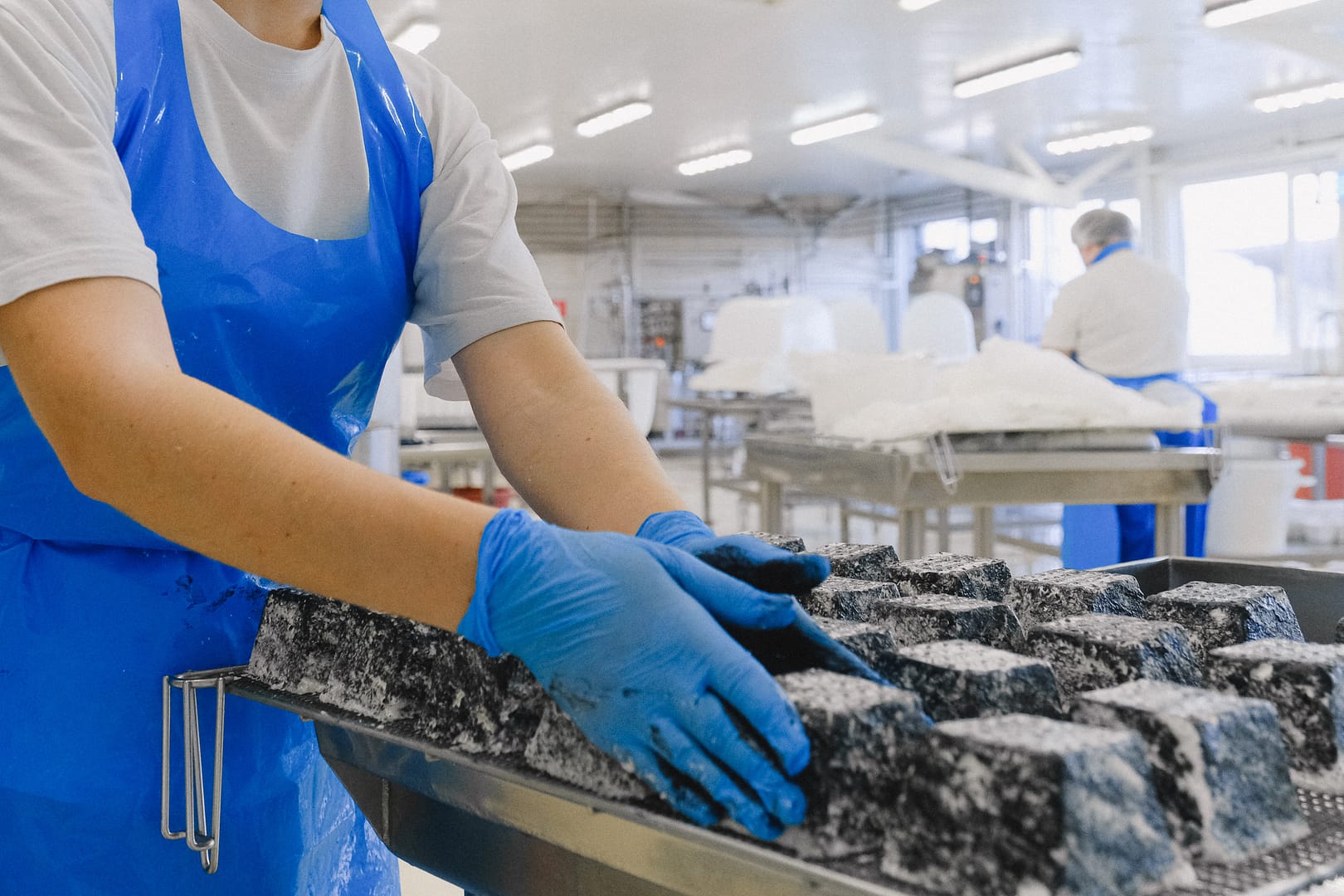CO2 Pacman in Valencia: Key Lessons for Sustainability and Operational Excellence in SMEs
The CO2 PACMAN Business ForumThe Valencia forum was a vibrant meeting place, bringing together regional authorities, businesses, and experts from the Mediterranean region with a shared vision: moving toward a climate-neutral and resilient region.
Video: CEEI Valencia / CO2 PACMAN Business Forum
Over two intense days (Wednesday in Spanish, Thursday in English), the forum focused on how to turn climate action plans intoconcrete, scalable projects with real impactFor more details about the event, you can visit the Official website of the CO2 Pacman Business Forum.
For SMEs in manufacturing and logistics, the conclusions were clear: transformation is unavoidable, and the key lies in the intelligent and results-oriented execution.
1. The Art of Connecting: From Theory to Real Impact
One of the most powerful lessons from the seminar, reiterated by several speakers, was the importance of effective communication. When presenting solutions, the message was unanimous: we mustStart with the customer’s pain, not the technologyThe need for “fewer words in the PPT, more images showing the problem and the solution” was emphasized.
At UpKaizen, this is fundamental: we understand that it is not about selling a tool, but about solving a specific problem that affects the profitability and daily operations of your business. Our experience has taught us to speak the customer’s language, simplifying the complex and connecting directly with their challenges.
2. The Challenge of Digitalization: Implementing the Right Thing, Forever
The market is saturated with digital solutions. The real challenge, as discussed in Valencia, is not finding one, but rather “implementing the right solution that interacts with the others, that will live a long time, and won’t die tomorrow.” The synergy ofPower BI (analytics), IoT (Internet of Things) and AI (Artificial Intelligence)as a powerful trio for data-driven decision-making.
- The UpKaizen Vision:This is where our modularity comes into its own. We focus on solving a small problem, but very wellThis allows us to demonstrate results, build trust, and then scale. It’s the “prove success and then apply it to the next stage” philosophy, ensuring that every technological investment is sustainable and profitable.
3. Sustainability as a Driver of Efficiency: Real Cases from the Mediterranean
The seminar gave us fascinating examples of how the sustainability translates into operational improvements, addressing specific challenges on Mediterranean islands:
- Brač Island (Croatia):With 15,000 inhabitants, solutions were presented for waste management and water supply, including the use of fiber optics connected to water pipes for monitoring and loss reduction, and route planners for waste management.
- Island of Crete (Greece):
- Peat replacement:The replacement of peat with organic materials was explored, a direct example of how materials innovation impacts the supply chain and sustainability.
- Hotel waste management:Solutions were presented for converting waste into compost and optimizing resource use, emphasizing efficiency and intelligence in resource use.
- Intelligent data collection system for transportation:Systems for urban mobility for pedestrians and cyclists were demonstrated, demonstrating how data can optimize flows in real time.
- Elba Island (Italy):Challenges related to high season tourism and climate change were addressed, exploring solutions forGreen Hydrogen and Agroecology in vineyards.
These cases demonstrate that sustainability is not just an obligation, but an opportunity to optimize processes and reduce costs, generating a real impact on the business and the community.
4. Resistance to Change and the Importance of Practical Leadership
An expert in project leadership and change management emphasized a recurring challenge: thepeople’s mentalityThe idea of ”Don’t tell them what to do” was emphasized, seeking a balance between the present and a better environmental future.
- The UpKaizen Approach:My experience on the shop floor has taught me to speak the operator’s language. I understand their challenges and resistance to change. That’s why our training and consulting programs focus on empowering teams, simplifying concepts and ensuring that technology and processes are adopted with confidence. When a customer says “I didn’t understand,” it’s our responsibility to bridge that gap with simple, practical language.
5. Investment Outlook and the Way Forward
Investment experts shared crucial advice for SMEs:
- Sources of Funding:The possibility of collaboration with NGOs for funding, as an alternative route to private companies, and were presented financial assessment toolsfor climate projects.
- Patience and Persistence:Impact projects require time and dedication.
- Start Small and Demonstrate Success:The philosophy of “solving a small problem very well” is key to building credibility and moving to later stages.
- The Importance of Results:It was emphasized that “You need to show results, otherwise, you’ll be fired!” This underscores the need for a focus on ROI and constant measurement.
6. Effective Communication Strategies for Impact
Communication experts highlighted the need for clear messages and the importance of“Butter Thesis”, a concept that underlines the need for a practical and tangible approach to communication.
- 1-sentence (5-6 word) key message:“We help SMEs eliminate operational inefficiencies in the supply chain.” (Your USP in action!)
- Looking SMART:Specific, Measurable, Achievable, Relevant, Time-bound.
- Create engagement, listen, and use illustrations.
These principles are the foundation of how UpKaizen communicates with its customers, ensuring that the value is clear and the impact is tangible.
UpKaizen: Your Partner for Sustainable and Profitable Transformation
The conclusions of the “CO2 Pacman” seminar reinforce UpKaizen’s mission: to be the strategic partner that helps SMEs in manufacturing and logistics to translate the vision, technology and commitment to sustainability into measurable operational results and sustainable profitability. Our focus on efficiency and profitability is the key.
From process optimization for technology adoption to training your team for a continuous improvement mindset, we’re here to ensure that every investment generates a real impact on your business. Because, ultimately, operational excellence is the key to a more efficient and sustainable future.
Ready to turn sustainability and efficiency challenges into growth opportunities?👉 Discover how UpKaizen can partner with you for operational excellence: upkaizen.com/about-us/




